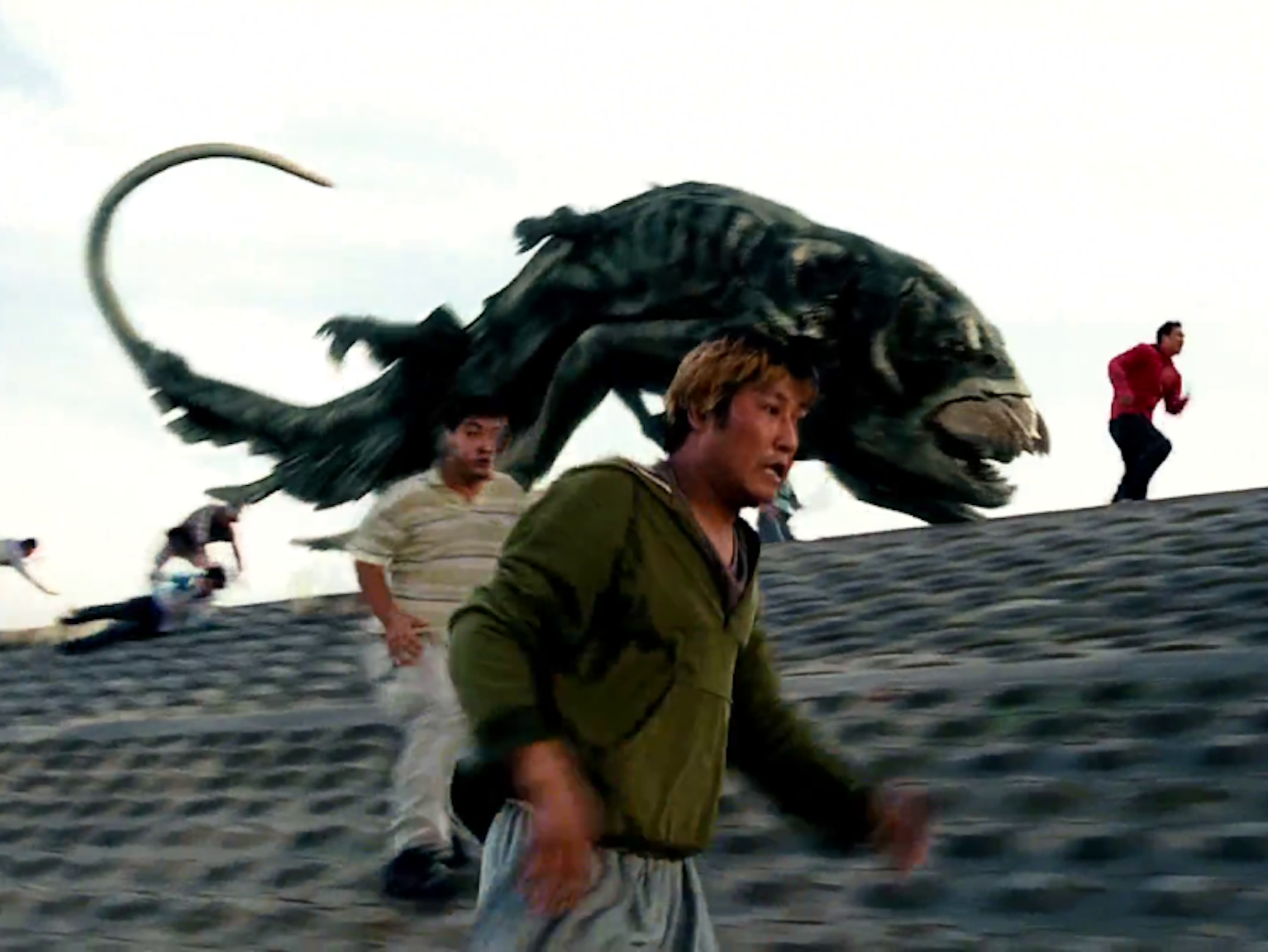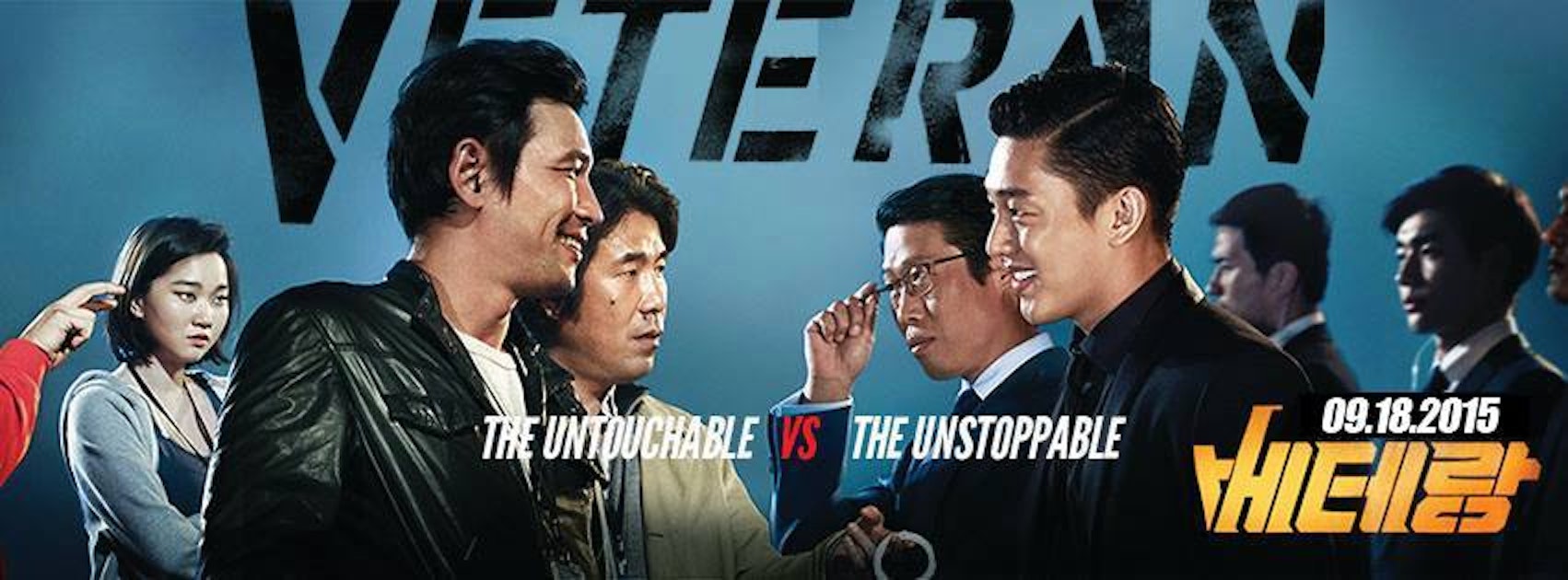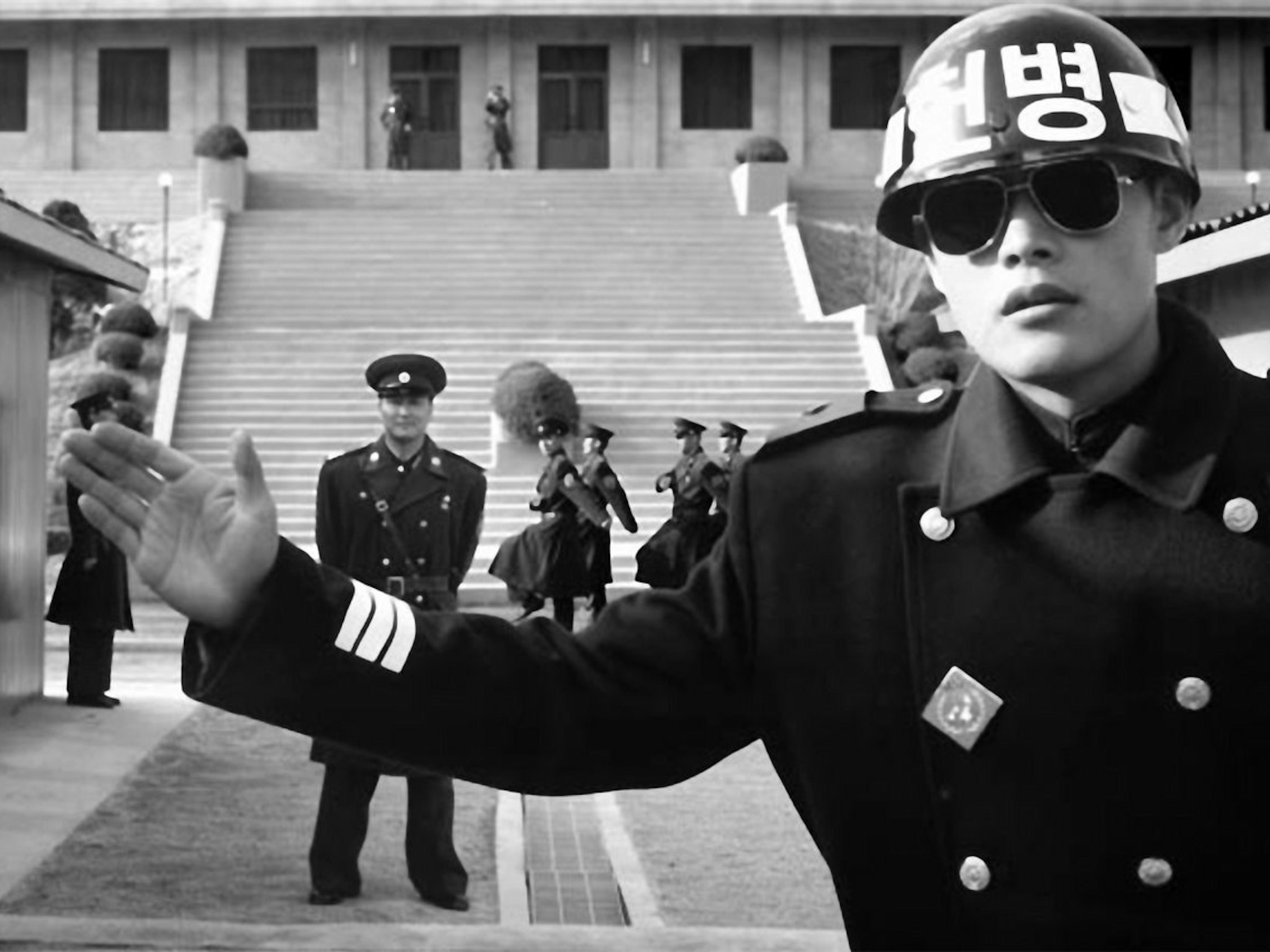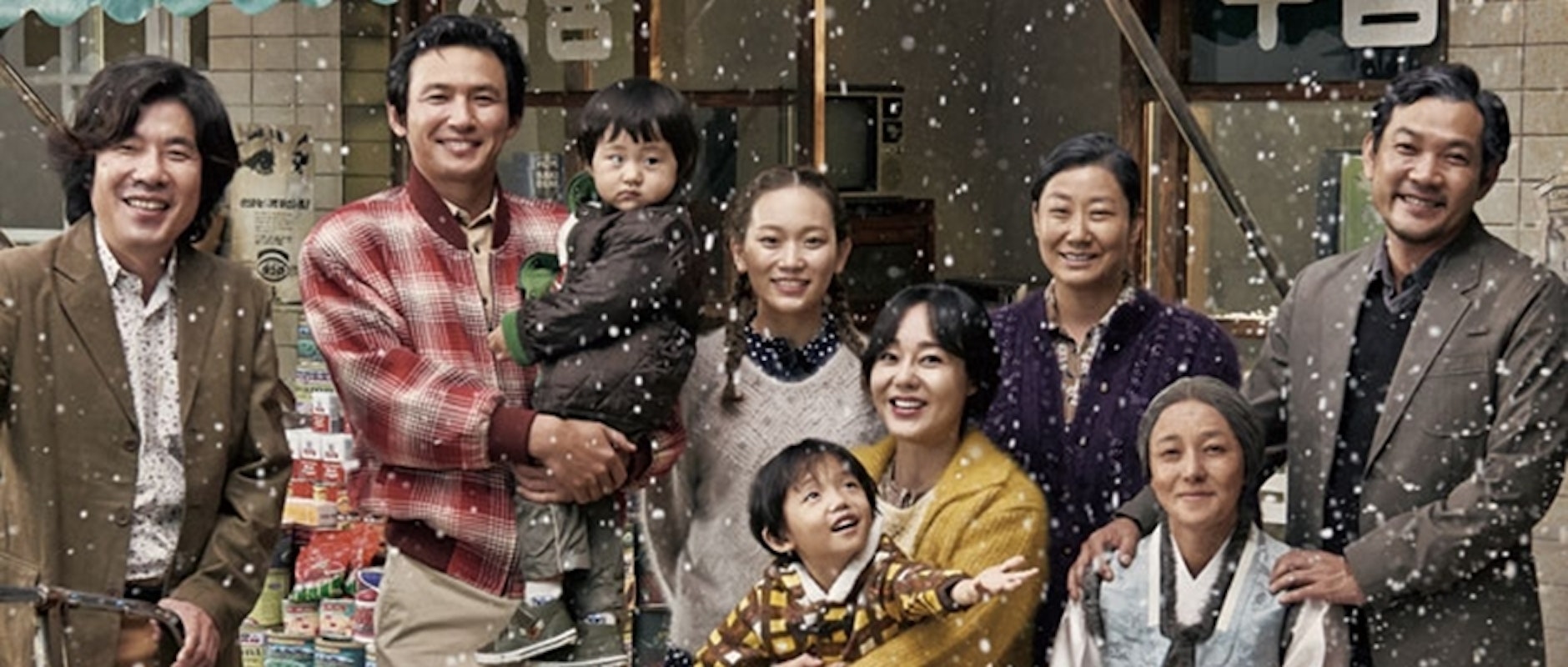The most effective paintings typically displays the anxieties of the society that bore it. In other international locations, the best aspect reflecting those concerns is in artwork, and it can be argued that no class on up to date Korean heritage is comprehensive with out understanding the movies of the Korean New Wave. They present one of the vital choicest rebukes to a executive that has from time to time used cold war-style politics regardless of being a striving Democratic nation. seems South Korean cinema is often a battleground between the govt and filmmakers — and the way to ultimate signify society to their residents and the world.


The Host (2006)
The story behind 2006's The Host, Bong Joon-Ho's South Korean horror-monster film, was greatly publicized. The plot follows a household as they battle a large monster after it takes the youngest daughter, and it's is inspired through a true incident in which an American military base disposed of hazardous chemical substances into South Korean rivers. Bong used the political incident as suggestion, and imagined an international wherein an eerily similar incident in fact birthed a monster in Seoul's Han River.
The implications of the story, American imperialism and its military presence on the Korean peninsula, were misplaced on these unfamiliar with contemporary Korean background — which, to be reasonable, isn't extensively everyday. It helps the film is excellent in its personal right, and most effective doubles as a political satire within the appropriate context. however layered below the imagery of american defense force presence become the much more subversive narrative of the incompetent South Korean bureaucracy. The Korean govt officials in the movie are completely chuffed to tread on their own residents if it's an order from their American counterparts. For foreign audiences, The Host changed into a fantastic entry in monster movie canon, however for local South Koreans, The Host changed into a political satire of Dr. Strangelove proportions. Even improved, the movie rode the wave of political discontent to become some of the optimum-grossing domestic films in South Korea .
still, 2006 changed into 10 years ago and the South Korean film trade has most effective grown extra mainstream for the reason that. in its place youngsters, this success seems to embolden some administrators into making much more direct evaluations on South Korean politics. Veteran, a South Korean film which acquired a constrained theatrical run in the united states, pits detective SEO Do-cheol towards a third-generation heir to a billion greenback conglomerate, Jo Tae-oh. SEO, a basic tough-working gumshoe within the mould of loose cannon detectives from the 80s, squares off against Jo, a billionaire heir who believes his wealth and standing places him above the law.


Veteran (2015)
You may have heard of these wealthy little kids of effective conglomerates from an incident in what turned into called the "nut rage incident". In December 2014, Heather Cho, daughter of the CEO of Korean Air, as well as vice president of her father's enterprise, verbally assaulted a crew member and demanded the aircraft she was on to taxi back to the gate at John F. Kennedy foreign Airport. She become curiously upset with the way she changed into served her airline macadamia nuts.
The fallout became large. the following legal investigation discovered that this was not Cho's first incident in attacking a crew-mate on the airline her family controls. an analogous incident in 2013 turned into discovered to have been coated-up with the aid of the company. The inspiration that participants of these household-owned conglomerates (or chaebols) is prevalent throughout South Korean society. youngsters, as democratization rapidly improved, the chaebols retained a kind of oligarchical vigor over South Korean political circles, keeping off criminal expenses for a lot of of their members of the family and board members.
So, when a film like Veteran comes out, depicting a working-classification hero taking down one of those privileged individuals of society, South Koreans resonate with a message like that. in reality, they've made the movie the third optimum grossing film in South Korean cinema historical past. It's important to notice that Veteran, which retains an 88% fresh rating on RottenTomatoes, is also probably the most most appropriate throwback detective motion-comedies in recent reminiscence.


Joint safety area (2000)
And the record of all-time grosses in South Korean cinema are affected by movies that make political challenges against the government. 2013's The lawyer is loosely in response to the ninth President of Korea and tells the story of a lawyer who attempts to exonerate a gaggle of scholars falsely accused of communist sympathies. more recognizable is Snowpiercer, Bong's first western-produced film starring Captain america's Chris Evans because the progressive chief aboard a sci-fi teach that homes all the world's survivors within the wake of a 2d Ice Age. The instruct is segregated through class with racial and imperial overtones and is one of the most reliable dystopian sci-fi movies ever made.
Korean filmmakers have taken upon themselves to act as watchdogs of South Korean society, but it surely helps that their films have the protection of bringing in economic and important success. That observed, the same holds true if a movie had been to enhance the disputed narrative of its executive, or worse, take skills of certain historical biases for earnings. The 2014 movie, Ode to My Father, which follows a man from the Korean warfare during the authoritarian regimes of the 70s and 80s into the up to date day, was criticized by South Korean movie critics as glorifying the country's authoritarian previous. The think-decent narrative although remains because the second-optimum grossing film in South Korea.


Ode to My Father (2014)
It's wonderful to peer the distinction in the techniques some of these messages are portrayed in movies, and in what type of films they're proven in. style movies regularly tackle radical issues due to their extreme, and incredibly certain, peculiarities. even if it's the monster film The Host, the 80s detective movie Veteran, dystopian sci-fi Snowpiercer, or literal bloodless battle thriller JSA (from Oldboy's Park Chan-wook), each and every South Korean genre flick has a distinct social message. in the meantime, movies that continuously attempt at romanticizing the past are sometimes status duration items like Ode to My Father, or the Korea vs. Japan ancient epic The Admiral.
South Korea is a different nation that is without delay tremendously capitalistic and democratic, but with relics of the cold conflict nevertheless very a great deal lively in political legislature. regularly instances, the threat of North Korea (a extremely precise risk) is abused when it comes to political opposition. NPR has currently lined how these historic legislation have an effect on Koreans these days. As such, the news agencies of Korea have the elaborate project of reporting on the information without crossing these arbitrary lines into political dissent. If the democratic nature of South Korean politics seem to be too extreme, it is perhaps paradoxical that the capitalist nature of South Korea is what is permitting these movies to be made so politically within the first place. As mentioned before, loads of these movies come to be fitting huge successes both at domestic and overseas. provided that these videos proceed to make an outstanding cultural contribution, they a re inspired to continue making these types of movies.
The factor is still despite the fact, that in South Korea, political dissent is particularly subjective but comes with true consequences. while no longer full censorship, the South Korean government has the vigour to silence opposing political affairs or opinions below the guise of holding their country from communism. If that isn't the premise for yet another Orwellian style movie, I don't be aware of what's.
photos via Magnolia images, CJ leisure